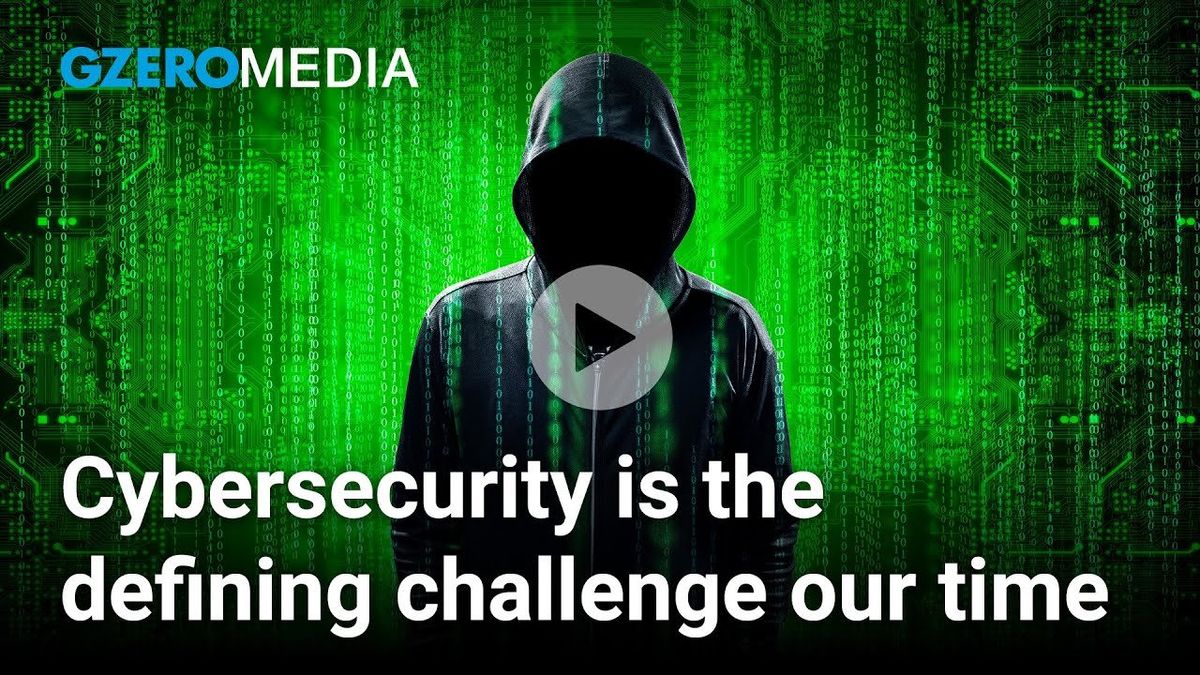Kaja Ciglic, senior director of digital diplomacy at Microsoft, said, "cybersecurity is the defining challenge of our time" amid a spike in misinformation campaigns thanks to wars in Ukraine and Gaza, growing interest from governments in building cyberweapons, and plain old profit-motivated thieves.
"We are seeing private sector enterprises that, effectively, are selling services, products that allow their customers to break into, whether it's a personal account, whether it's into an organization's account," she said. "The cyber mercenary market that is also emerging is also a very strong concern for Microsoft."
Learn more about what they are doing to solve the problem in Kaja's chat with Eurasia Group Senior Analyst Ali Wyne as part of “Caught in the Digital Crosshairs,” a video series on cybersecurity produced by GZERO in partnership with Microsoft and the CyberPeace Institute.

















